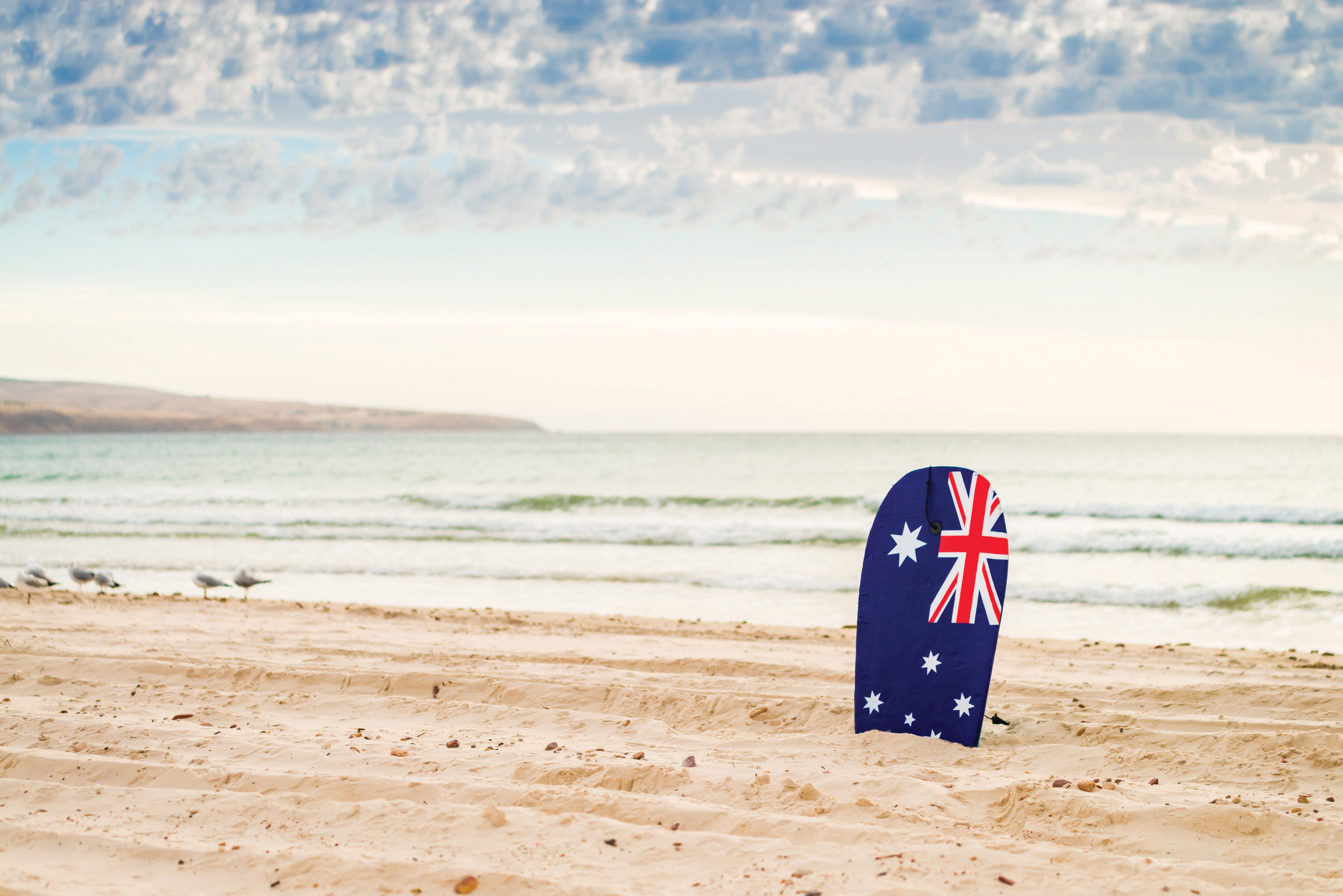Book Review: Still Lucky?

Reviewer: Dani Scarratt
Rebecca Huntley has spent her working life listening to Australians talk about their opinions. Of course, this is true of many of us, but unlike us, Huntley has approached it systematically, recording and analysing the results. Following in the footsteps of Hugh Mackay, she engages in qualitative social and market research, attempting to answer questions about what Australians think on a whole array of topics: politicians and policies, relationships, work, leisure, the arts, sport, retirement, family, transport, immigration, generation gaps, gender inequalities, cost of living, ageing, patriotism, climate change, Indigenous Australians, technology…. the list goes on. Still Lucky—the title a nod to Donald Horne’s 1964 critique of Australian society—summarises this research in an engaging and readable way.
It turns out that Australians’ opinions are sometimes cause for optimism (contra the views of many politicians, we care about the future of our country, and policies beyond those that directly impact the hip pocket). At other times, they are less palatable (racism—‘our Achilles heel’, p7). And some things haven’t changed (we still want our own back yards).
One of the advantages of viewing Australians like this is seeing broad-sweep patterns that aren’t always evident to individuals living in the midst of it all. While much of the book is taken up with reports of what people said in focus groups, Huntley now and then steps beyond the data to deliver the ‘morals of the story’—the consequences of various life choices taken by Australians en masse:
- men who invest in friendships through their 40s and 50s have much better retirements;
- those who complain the most about ‘doing it tough’ are high income earners who have indebted themselves to live beyond their means;
- working women are still doing most domestic and caring work, partly because they’re not asking for help.
Similarly, it was interesting (sometimes disturbing) to have gaps between our perceptions and the actual situation pointed out:
- our fears about immigration vs its actual impact;
- what politicians think Australians care about vs what Australians actually care about;
- perceptions of gender equalities vs actual inequalities.
As a Christian, I was disappointed with the lack of discussion about attitudes to religion, but this is not an oversight. Huntley identifies it as one of two subjects that Australians rarely touch on (the other being dying, p237). The one brief mention of religion is, nonetheless, revealing:
Our religious convictions are largely utilitarian: we baptise or christen our children in the hope it might give them the edge when choosing private schooling later down the track. And some of us only seem to care about Christian rituals when it looks like ‘the Muslims’ are trying to take them away. (p5)
Still Lucky is a good read, and especially of interest to those who like to keep a finger on society’s pulse. Horne’s The Lucky Country famously pronounced the verdict: ‘Australia is a lucky country run mainly by second rate people who share its luck’ (ch 10). Has anything changed? Huntley thinks so. Read it, and decide for yourself.

Leave a comment
Comments will be approved before showing up.



